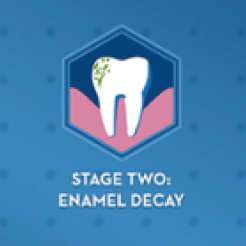Published, peer-reviewed research and studies help us communicate the efficacy and safety of our products.
Check back often, as we will be adding studies as they are published.
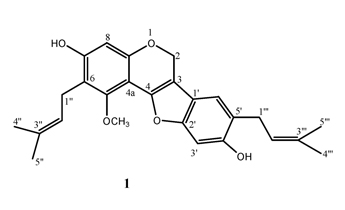
Antibacterial compounds from Glycyrrhiza uralensis
From the Journal of Natural Products
Glycyrrhiza uralensis, widely recognized as Chinese licorice, has been used in traditional medicine and naturopathy for thousands of years. In this study, several compounds isolated from G. uralensis were tested against Streptococcus mutans, a bacteria largely responsible for tooth decay. The study found that Glycyrrhizol A showed antibacterial properties against S. mutans, while Glycyrrhizol B and isoflavanoid gancaonin G also showed moderate antibacterial results.
Can a Licorice Lollipop Decrease Cariogenic Bacteria in Nursing Home Residents?
This population is particularly vulnerable to dental caries due to physical and mental limitations. Eight senior citizens were given at least one lollipop with licorice root extract per day for 21 days. Saliva samples were taken periodically throughout the study. In the end, the participants who consumed the lollipops more consistently had lower levels of Streptococcus mutans than the participants who occasionally missed a day. Those who consistently consumed two per day had even lower levels of S.
mutans bacteria.
Clinical reduction of S. mutans in pre-school children using a novel liquorice root extract lollipop: a pilot study
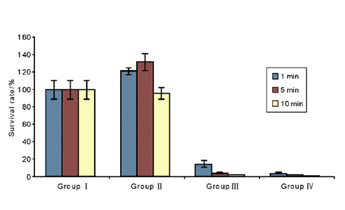
Development and evaluation of a safe and effective sugar-free herbal lollipop that kills cavity-causing bacteria
From the International Journal of Oral Science
In this study, the specific herbal extracts (Cavibloc) were used to develop a sugar-free lollipop that effectively kills cariogenic bacteria like Streptococcus mutans. Further studies showed that these sugar-free lollipops are safe and their antimicrobial activity is stable. Two pilot human studies indicate that a brief application of these lollipops (twice a day for ten days) led to a marked reduction of cariogenic bacteria in oral cavity among most human subjects tested.
Effects of herbal lollipops on Streptococcus Mutans levels, Lactobacilli levels and the dental caries experience of children with asthma taking beta2‐adrenergic drugs
The objective of this study was to determine how effective the six‐month regimen of herbal lollipops is at controlling the Streptococcus Mutans levels, Lactobacilli levels, and the caries process in the study group. This study showed evidence that the herbal lollipops decrease bacterial levels in the oral cavity. A decrease in bacteria, aids in decreasing the caries process, which most children using a beta2-°©-adrenergic agonist would benefit from.
Effectiveness of a Novel Delivery System on Salivary Flow Rate, Quality of Life, and Inhibition of Caries Microbiota in Sjögren's Syndrome Patients
Sjögren's Syndrome is an auto immune disease, marked by an occurrence of dry mouth and lack of saliva production. Patients with Sjögren's Syndrome were recruited, and instructed to consume two lollipops a day. Some contained xylitol, some contained licorice root extract, and some contained an artificial sweetener. The study has so far found that patients who used the lollipops increased saliva production even after the 10-day course, and some patients showed a lowered bacterial count.
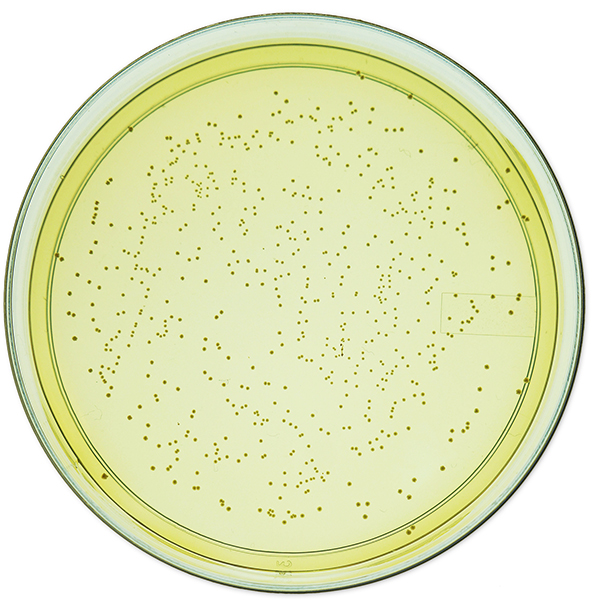
Without Cavibloc
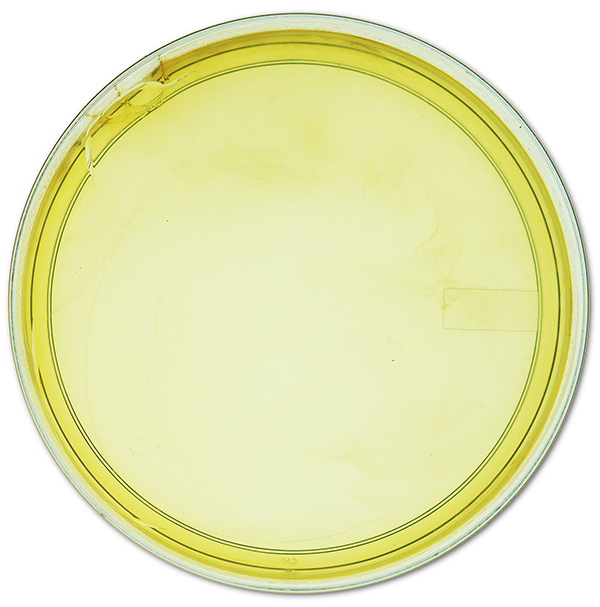
With Cavibloc
Cavibloc. See it in action!
As you can see from these images, no growth was detectable on the THYE agar plates supplemented with Cavibloc extract. The Cavibloc-supplemented plates show that the extract completely inhibited S.mutans growth, rather than simply slowing its growth through partial inhibition.
* Study was conducted with S. mutan bacterial culture UA159 (a caries isolate) plated onto both unsupplemented and Cavibloc-supplemented THYE agar plates. The plates were incubated anaerobically for 48 hr at 37 Celsius. After the incubation period, the plates were photographed.
Loloz in the news
Using candy to prevent cavities
An anti-cavity candy made with an extract from a specific compound found in licorice root. Satisfy your sweet tooth and prevent cavities at the same time. Genius!
With or without a stick?




If you are looking to redeem a coupon code, you must buy directly from our online store.
From the Loloz Blog
DECEMBER 27, 2018
PH and Oral Health: Why it Matters
What ingredient found in many foods and drinks is bad news for your teeth? The first thing that comes to your mind is probably sugar. While this is true, sometimes we forget another, equally damaging culprit: acid.














